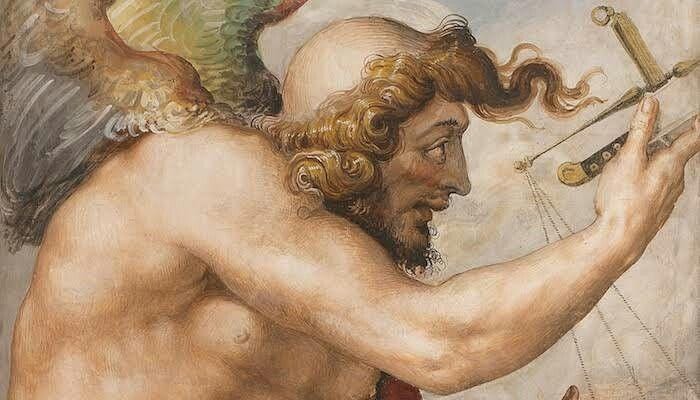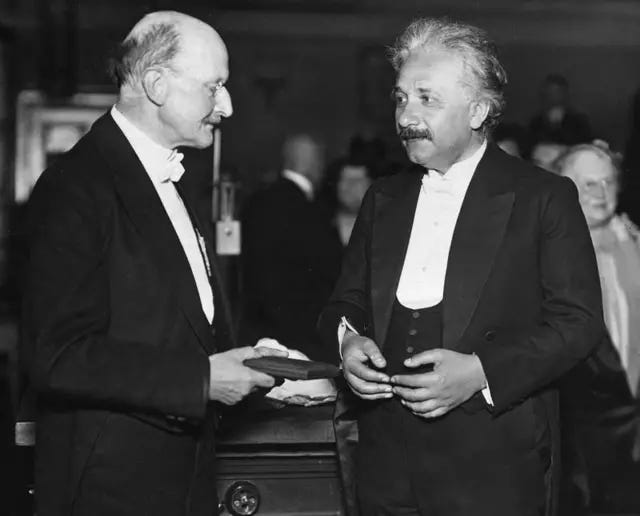In these days between contemplation and work - the beginning of the year takes a while to get going - I found myself thinking about what a few moments of pure idleness mean, or on the contrary, pure flow. I used to be guiltier about this, but today I realise that it's just one of the ways in which we are conditioned to continue playing the game we call ‘society’.
Time, this fascinating construct that we've been trying to understand since our first ancestors appeared, manifests itself in different ways in different cultures. The ancient Greeks distinguished between chronos - linear, measurable time - and kairos - the opportune moment, the qualitative time of divine opportunity. In Asian countries such as China and Japan, where traditional writing flows in vertical columns from right to left, time is naturally visualised in that direction.
In the West, following the Greco-Roman pattern that influenced Latin writing, the flow of time is conceived from left to right. This difference is not just aesthetic - it deeply reflects how each culture processes and records its history, calendars and literature.
Curiously, some people, including myself, mentally visualise time flowing from right to left, even though we live in cultures where the convention is the opposite. This phenomenon, studied by cognitive psychologists, suggests that our perception of time may have deeper roots than our cultural upbringing. Are these remnants of other experiences, other times and places that inhabit my unconscious? Carl Jung, with his theory of the collective unconscious, suggests so.
The truth is that time is deeply subjective. Einstein revolutionised physics by demonstrating mathematically that time is not absolute, but relative to the observer. When we refer to the past or imagine the future, we always do so in the present. The past exists only as a memory - neurons firing in specific patterns in our brains - and the future as an imagined possibility, neural projections based on past experiences. Both are mere fantasies, since we know that even memories are unreliable. What we actually have is a succession of ‘nows’, micro-moments, which intertwine to form what we call experience. These micro-moments have been researched in what is known as the ‘Planck Time (here).
This experience takes place within a single, absolute Consciousness, a concept present in various ancient philosophical traditions. In Advaita Vedanta, one of the six classical schools of Indian philosophy dating from around 788-820 AD, this idea is central. According to this perspective, we are all manifestations of this same Consciousness, participating in a collective dream.
Our bodies and minds are like temporary ‘spacesuits’, instruments through which Consciousness observes itself, creating experiences to enjoy earthly materiality.
Following this line of thought, birth and death are only transformations of the ‘spacesuit’, not of the conscious essence that we are. In the Hindu tradition, this concept is expressed through Atman (the individual self) which eventually merges with Brahman (the universal consciousness) to continue the cosmic dream. This concept finds interesting parallels in modern quantum physics, especially in the theory of non-locality (of Consciousness) and quantum entanglement, where particles separated by great distances maintain an instantaneous connection inexplicable by the standards of classical physics.
Many spiritual traditions, from Tibetan Buddhism with its teachings on Bardo (intermediate states of consciousness) to Sufi mystics, use the metaphor of the dream within the dream. The Chinese philosopher Zhuangzi (369-286 BC) already questioned whether he was a man dreaming of being a butterfly or a butterfly dreaming of being a man. When we dream at night and remember the dream when we wake up, we realise that that experience, although ethereal and fleeting, seemed as real as our everyday reality.
Non-dual philosophy, present both in the East and in Western thinkers such as Plotinus (204-270 AD) - who was based on the idea that there is a unique, indivisible and transcendent ‘One’ that is prior to all existence - and in modern thinkers such as Francis Lucille, Rupert Spira, Stephen Bodian or the late Alan Watts, Douglas Harding, Jean Klein, Peter Brown, among others, goes further, suggesting that our ‘waking’ reality is also a dream - the dream of universal Consciousness.
Just as in a nocturnal dream where everything seems real until we wake up, we live in a bigger, more elaborate, denser dream. The only difference is that we haven't fully awoken from this bigger dream. Modern neuroscientists have discovered that brain patterns during REM dreaming are remarkably similar to waking patterns, giving some scientific ‘support’ to this old metaphor. We continue to dream the dream of Consciousness, experiencing materiality through these temporary bodies, on this universal stage we call Earth.
These perspectives have always intrigued me and for some time now I've been wondering: is our perception of time just another layer of this cosmic dream? A necessary construction so that we can tactilely and physically live a material experience, but not necessarily an absolute truth?
While chronos represents the quantitative time that we measure with clocks and calendars, kairos would symbolise those significant moments that seem to go far beyond our common notion of time - the moments of insight, the mystical experiences, the moments of deep spiritual realisation, the connection with Consciousness, with Presence.
It is precisely these ‘kairological’ moments that make it possible to glimpse the deeper nature of reality, suggesting that our conventional understanding of time and our own identity may be just the tip of a much deeper and more mysterious iceberg.




